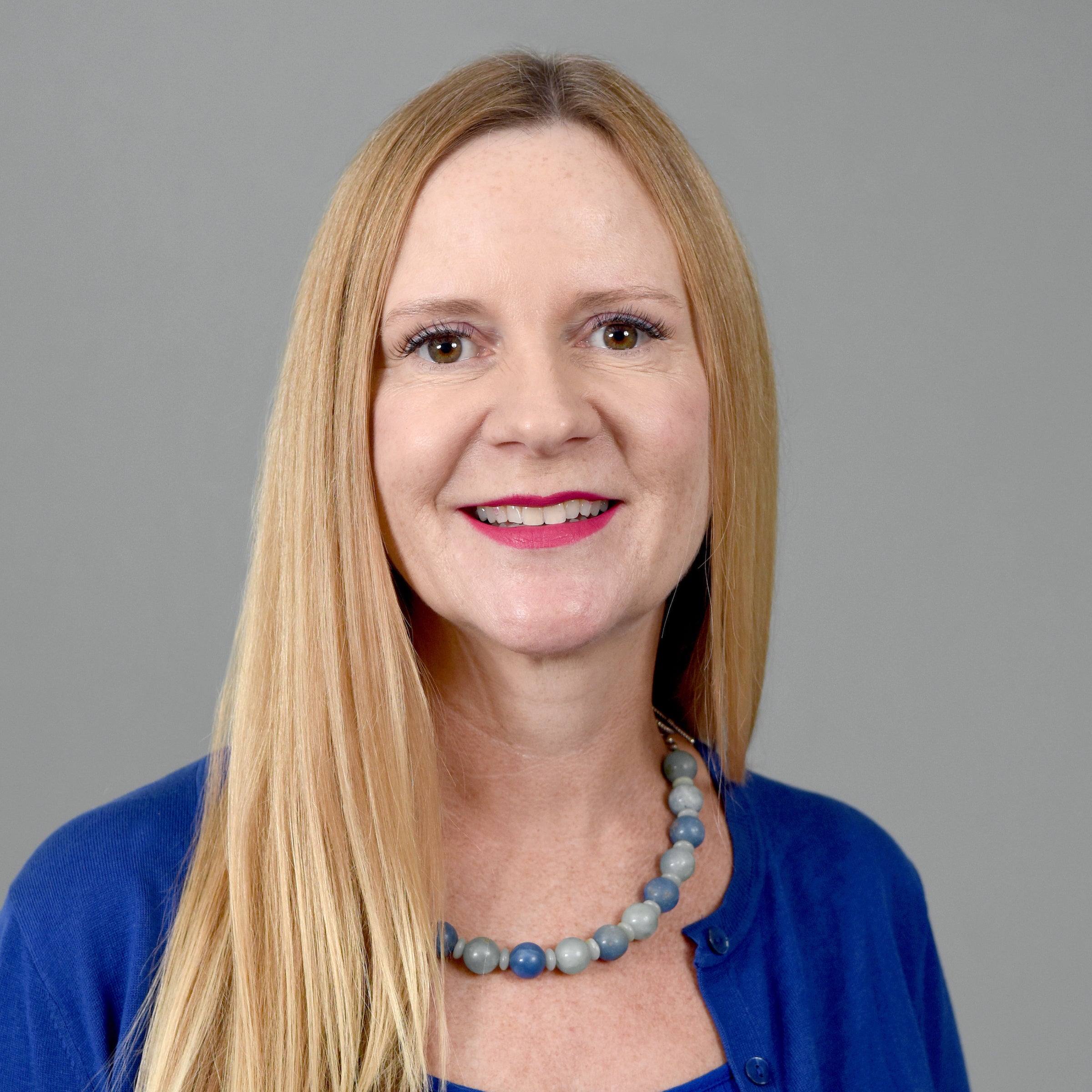ASU researcher awarded NIH grant to help safely return children to in-person school

This research project aims to reduce education disparities by getting preschoolers back in classrooms. Image courtesy: Canva
As school districts around the country ramp up to welcoming students back in person full time, the National Institutes of Health put out a call to fund additional research projects to identify ways of safely returning students and staff to in-person school in areas with vulnerable and underserved populations.
Professor Rebecca E. Lee and her team at the Center for Health Promotion and Disease Prevention in Arizona State Univeristy's Edson College of Nursing and Health Innovation were one of the five projects to be funded.
The award, titled "Rapid Acceleration of Diagnostics — Underserved Populations (RADx-UP)," allows Lee to leverage her ongoing Sustainability via Active Garden Education (SAGE) project.
The new project, "Back to Early Childhood Education (ECE) Safely with SAGE: Reducing COVID-19 transmission in Hispanic and low-income preschoolers," or BE SAGE, will test young children age 3 to 5 years and their parents using the COVID-19 saliva test developed by ASU’s Biodesign Institute.
Testing will be done as part of a coordinated strategy to get kids back to in-person learning safely. The strategy also includes open-air education, utilizing school gardens to increase physically active time and improve healthy eating.
Rebecca E. Lee
“On behalf of our team at SAGE, we are excited for this opportunity to help get our kids back to in-person learning safely in Arizona,” Lee said. “We are thrilled to partner with our good colleagues in the Biodesign Institute at ASU to offer the saliva test for free at our partnering early childhood education preschool sites.”
The new RADx-UP awards will provide up to $15 million over a two-year period to five projects in the U.S. BE SAGE will reduce education disparities by getting underserved children back to in-person early childhood education preschool, helping to close the gap in education and improve vital developmental skills.
Lee’s multidisciplinary team is made up of experts from units across ASU including the College of Health Solutions and the School of Social Work. Additionally, her team includes partnering colleagues from Phoenix Children’s Hospital and the Equality Health Foundation.
Learn more about the NIH RADx-UP Safe Return to School Diagnostic Testing Initiative.
Written by Melissa Tolson from the Center for Health Promotion and Disease Prevention.
More Health and medicine

The science of sibling dynamics: Why we fight, how we relate and why it matters
We have Mother’s Day, Father’s Day and even Grandparents’ Day. But siblings? Usually they get a hand-me-down sweatshirt and, with…

New study seeks to combat national kidney shortage, improve availability for organ transplants
Chronic kidney disease affects one in seven adults in the United States. For two in 1,000 Americans, this disease will…

New initiative aims to make nursing degrees more accessible
Isabella Koklys is graduating in December, so she won’t be one of the students using the Edson College of Nursing and Health…


